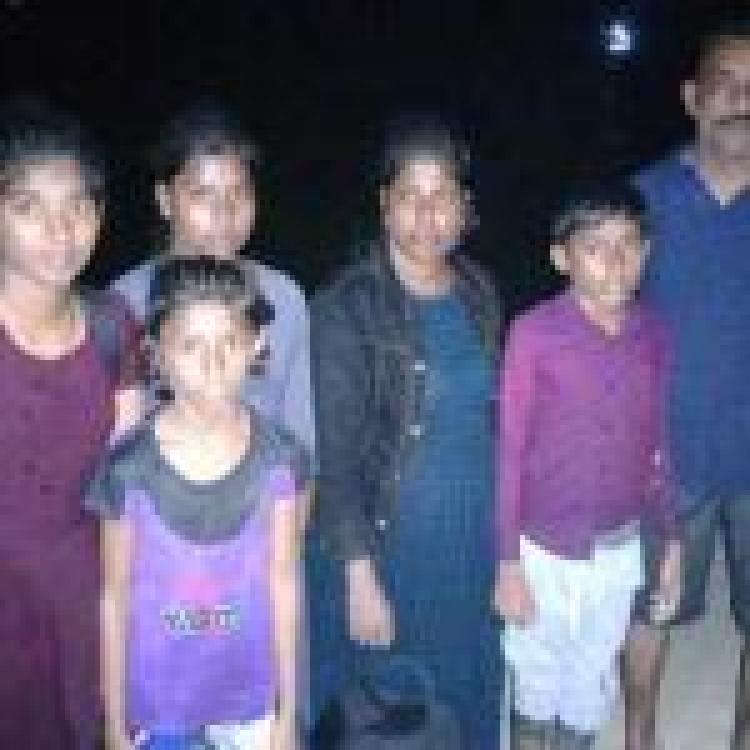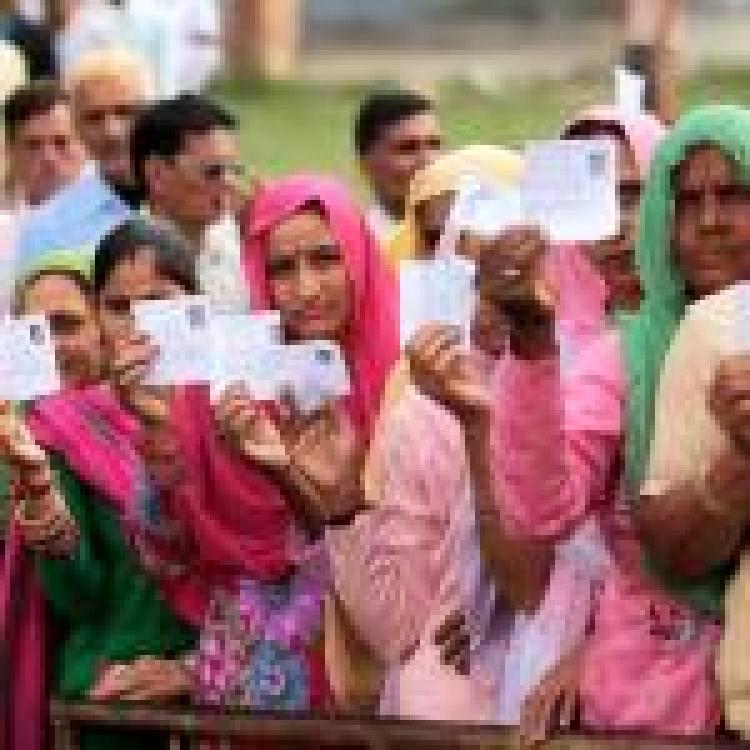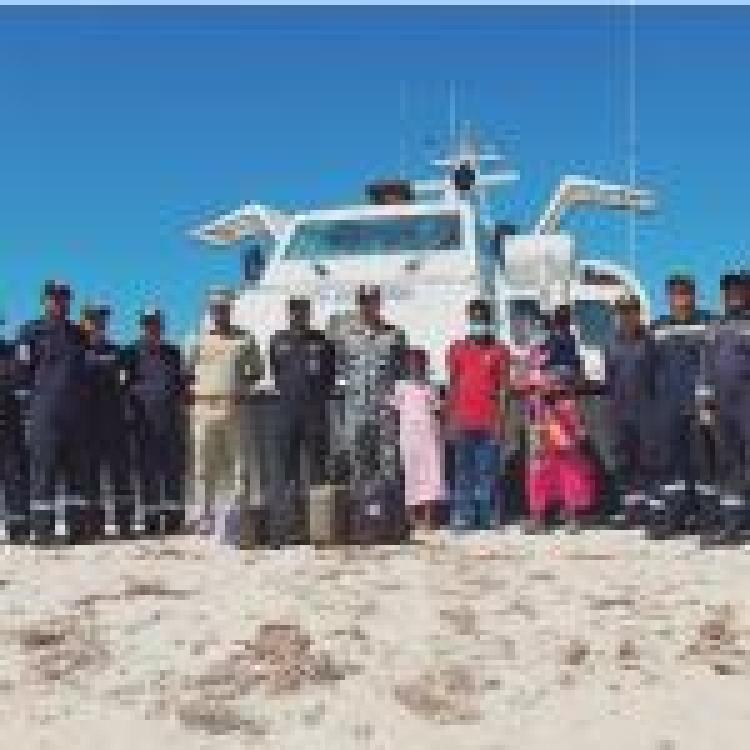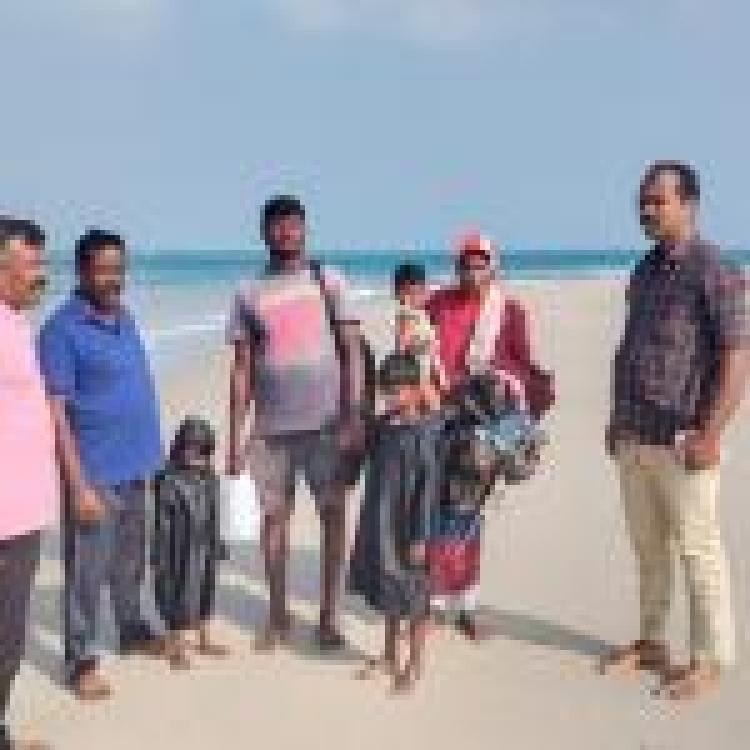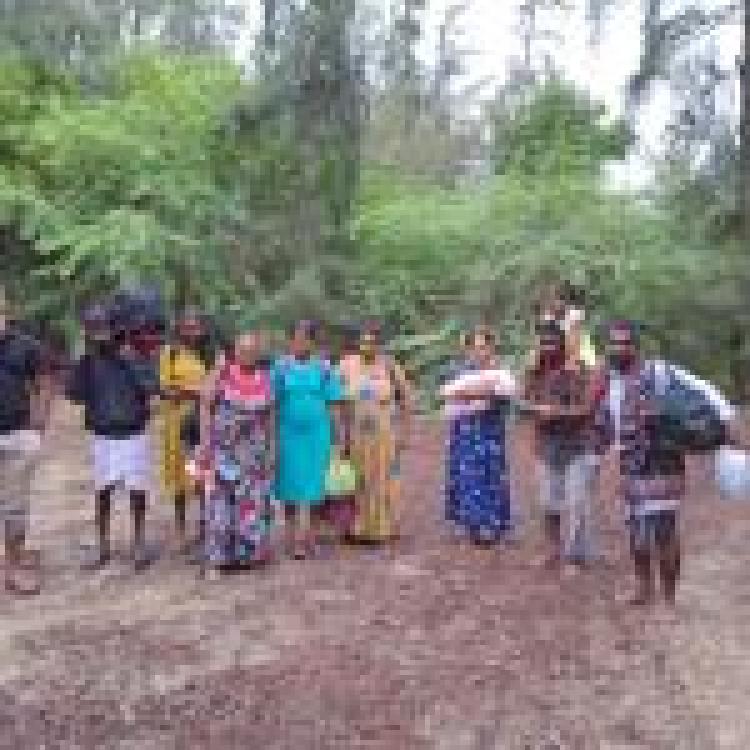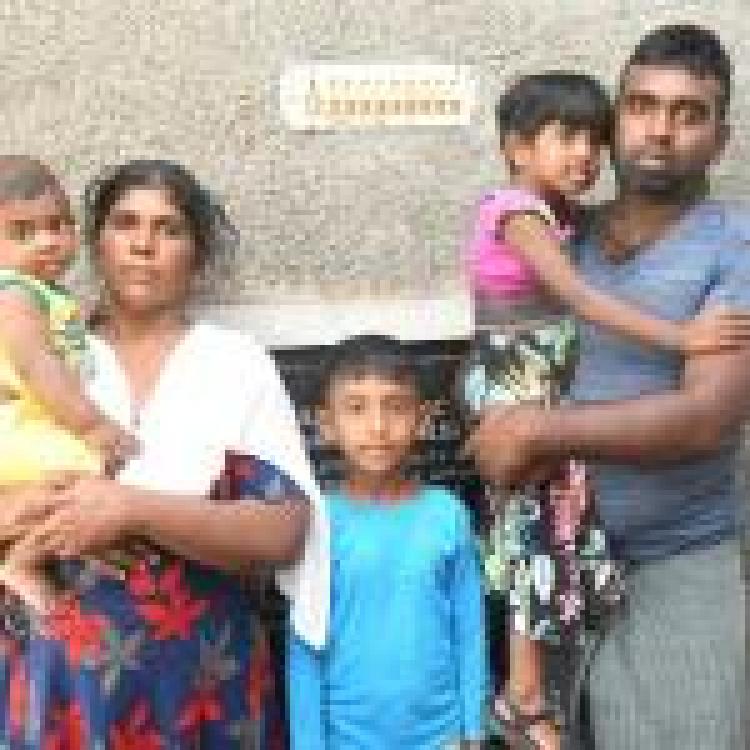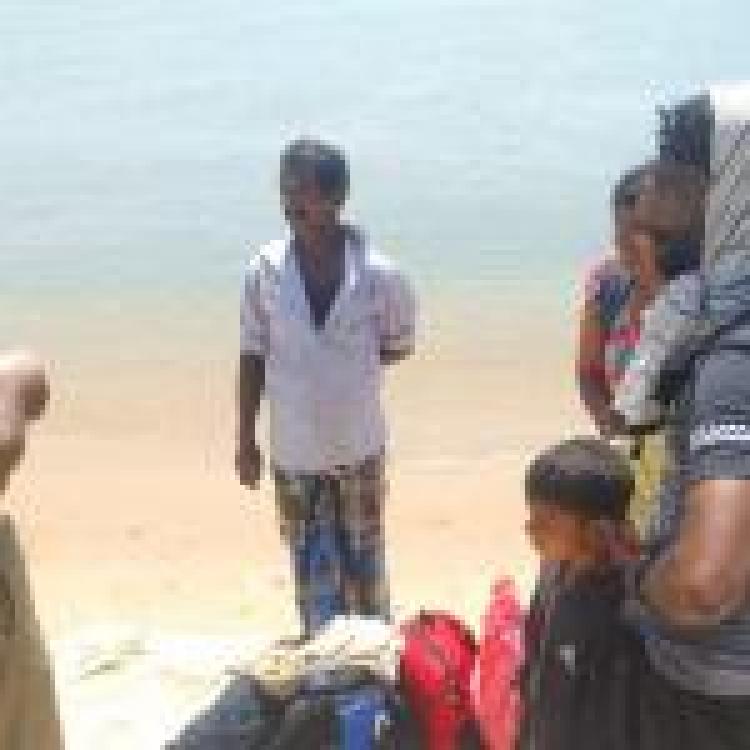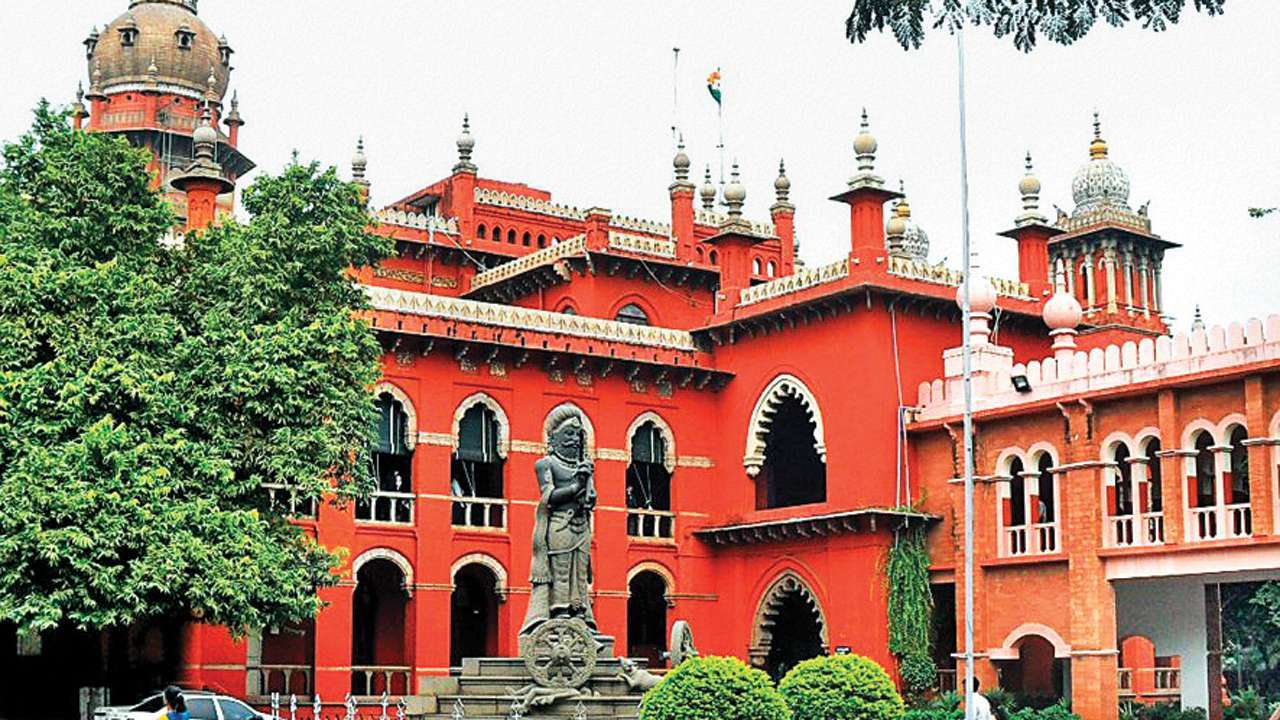
The Madurai Bench of the Madras High Court has directed the Central Government of India to consider the application submitted by an Eelam Tamil refugee who has been in the country since 1983.
Justice G.K. Ilanthiraiyan directed the Secretary of Ministry of Home Affairs to consider in eight weeks the application submitted by the petitioner R. Maheswary of Madurai for issuance of certificate of naturalisation, as per Rule 15 of the Citizenship Rules, 2009.
R. Maheswary was originally born in Colombo in Sri Lanka in 1954 and lived there till 1983. During the midst of the armed conflict on the island, she moved to India in 1983 alongside her whole family. In 2008, she was issued a Sri Lankan passport however later applied for Indian citizenship under the naturalisation process. In 2018, she renounced her Sri Lankan nationality and forwarded the required documents to the Madurai collector. However, since then, no further action has been taken to finalise her status, thus eventually leading to her petition.
The citizenship status of Eelam Tamil refugees in Tamil Nadu has been further complicated by the implementation of the Citizenship Amendment Act (CAA) by the Modi government. The CAA fast-tracks Indian citizenship for Hindus, Sikhs, Buddhists, Jains, Parsis, and Christians who entered India before December 2014 from neighbouring countries like Afghanistan, Bangladesh, and Pakistan. However, Muslims and other communities, including Eelam Tamils, are excluded from this provision.
For decades, Eelam Tamils have fled Sri Lanka amidst years of human rights abuses, violence and systematic surveillance from security forces and more recently the economic crisis which led to high inflation and lack of jobs. According to a recent report submitted to the government in India, as of 2023, 58,200 Tamil refugees were living in 104 camps across Tamil Nadu, and over 33,200 of them were living outside the camps. As for their civil documentation, 95% have Aadhaar cards, 78% have bank accounts, 1% have Sri Lankan passports and 3% have Sri Lankan national ID cards.
These refugees are provided subsistence payment by the state government but are granted no rights. There have been continuous protests in these refugee camps with detainees calling for freedom. In September 2021, an estimated 29 Tamil refugees attempted to take their own lives as they continue to be confined to these refugee camps. The majority of refugees in India are Tamils who fled during the armed conflict and have lived in India for decades. However, despite this, they lack basic civic rights and continue to be stuck in limbo.

